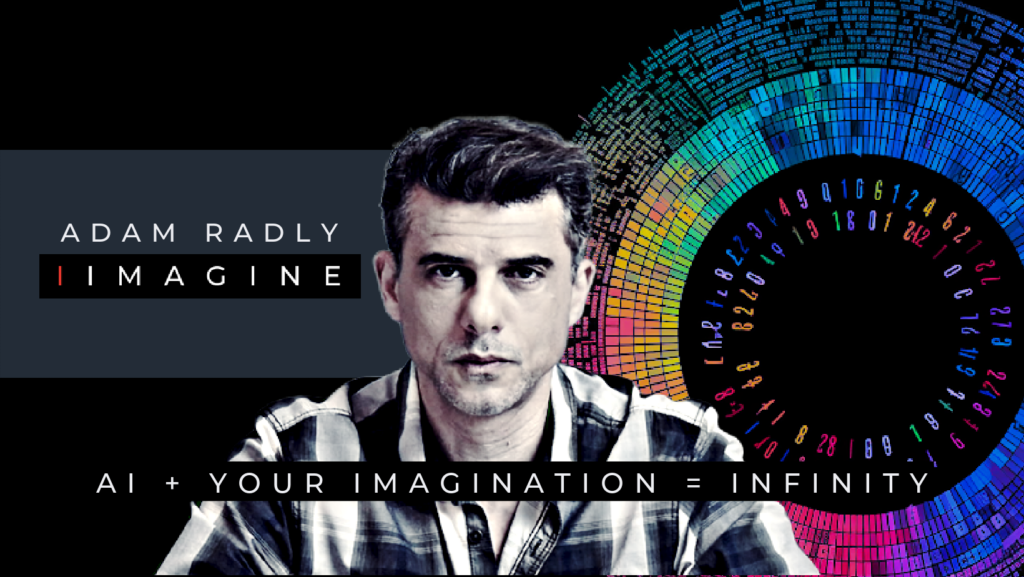If you’re seeking assistance with medical diagnosis, ChatGPT, an AI writing tool developed by OpenAI, can provide valuable insights and suggestions. By using specific prompts, you can engage ChatGPT to generate helpful responses tailored to your unique situation. Here are 15 examples of questions you can ask ChatGPT to assist you in your medical diagnosis journey.
15 ChatGPT Prompts for Medical Diagnosis:
- What are the common symptoms of [medical condition]?
- Can you suggest possible causes for [specific symptom]?
- What are the treatment options for [medical condition]?
- Are there any natural remedies that can alleviate [specific symptom]?
- How can I differentiate between [medical condition A] and [medical condition B]?
- What are the risk factors associated with [medical condition]?
- Can you recommend any diagnostic tests for [specific symptom]?
- What lifestyle changes can help manage [medical condition]?
- Are there any known drug interactions with [specific medication]?
- What are the long-term effects of [medical condition]?
- Can you provide information on the prognosis of [medical condition]?
- Are there any alternative therapies for [medical condition]?
- How can I prevent [medical condition]?
- What are the early warning signs of [medical condition]?
- Can you suggest reputable resources for further information on [medical condition]?
Tips for Generating the Best Results:
To ensure the best results when using ChatGPT for medical diagnosis prompts, consider the following tips:
- Be specific: Provide as much relevant information as possible about your symptoms, medical history, or concerns.
- Use clear language: Phrase your prompts in a concise and straightforward manner to avoid ambiguity.
- Ask follow-up questions: If the initial response is not sufficient, ask additional questions to delve deeper into the topic.
- Seek professional advice: While ChatGPT can provide insights, always consult a qualified healthcare professional for an accurate diagnosis and treatment plan.
FAQs:
Q: Can ChatGPT provide a definitive medical diagnosis?
A: No, ChatGPT is an AI writing tool and should not be considered a substitute for professional medical advice. It can provide general information and suggestions, but a qualified healthcare professional should be consulted for an accurate diagnosis.
Q: How accurate are the responses generated by ChatGPT?
A: ChatGPT’s responses are based on patterns and information it has been trained on. While it strives to provide accurate information, there may be instances where the responses are not entirely accurate or up-to-date. Always verify information from reliable sources and consult a healthcare professional.
Q: Can ChatGPT understand complex medical conditions?
A: ChatGPT has been trained on a vast amount of data, including medical information. However, its understanding may be limited to the information it has been exposed to during training. For complex or rare medical conditions, it is advisable to consult a specialist.
Remember, ChatGPT can be a helpful tool in your medical diagnosis journey, but it should not replace professional medical advice. Use it as a supplementary resource and consult a healthcare professional for personalized and accurate guidance.

ChatGPT Alternative (better than ChatGPT)
- Use industry / niche specific AI chatbot as your expert advisor.
- IIMAGINE has developed unique AI chatbots that have been trained on the needs of specific industries and niches. Unlike ChatGPT, which provides generic information, the niche specific AI chatbots on IIMAGINE ask questions about your unique objectives and circumstances then provide a custom solution for you. This can be the difference between success and failure. These niche specific AI chatbots are expert advisors that can manage all aspects of your day to day work.
- IIMAGINE is better than ChatGPT. ChatGPT costs $20 and IIMAGINE costs $19 but IIMAGINE provides more. IIMAGINE is powered by the same AI as ChatGPT but it also provides the niche specific AI chatbots mentioned above as well as other AI tools that ChatGPT doesn’t offer: like 600 AI templates for day to day business management and tools for text to speech and speech to text.
- It’s free to get started. No credit card required. Paid plans start at only $19pm.
